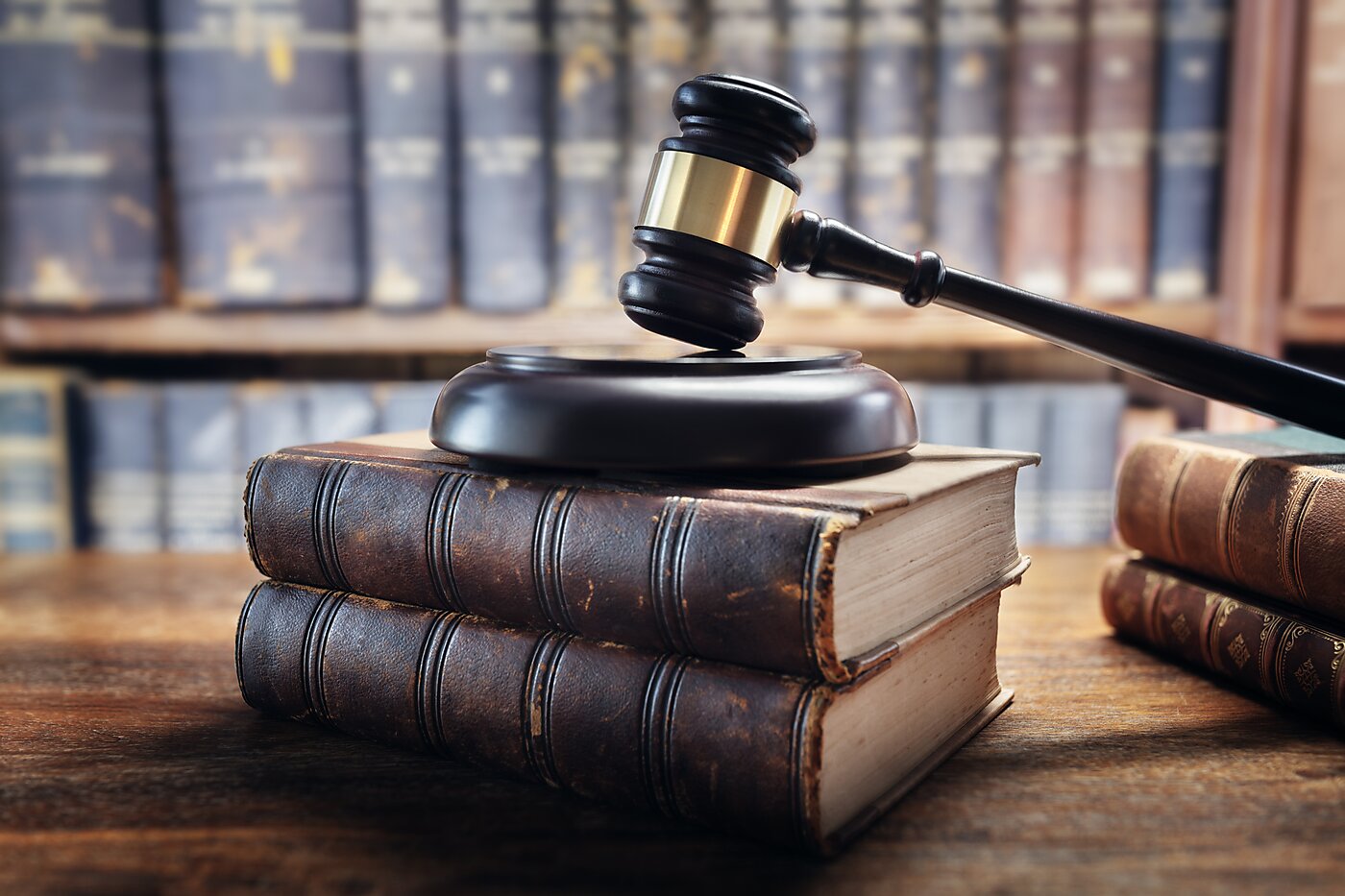The eminent intellectual historian Quentin Skinner, surveying history from antiquity to the Enlightenment, once defined “liberty” as freedom from the arbitrary whims of another. By that definition, twenty federal prisoners might just be the least free people in America.
To be sure, these twenty are even less sympathetic than the average federal prisoner: according to a federal court order issued Wednesday, each was sentenced to die after committing “some of the most horrific crimes imaginable.” They were spared execution at the very close of President Biden’s term in office, when he commuted their sentences to life in prison.
President-elect Trump disagreed with that clemency, to put it mildly. Almost immediately, he posted on social media that the commuted prisoners should “GO TO HELL.” On his first day back in office, he issued an executive order directing that “these offenders are imprisoned in conditions consistent with the monstrosity of their crimes and the threats they pose.” Shortly after, the Bureau of Prisons (BOP) told each of the twenty that they would be transferred to ADX Florence—“the Alcatraz of the Rockies”—and the “most restrictive prison in the federal system.”
There was only one problem: the law. Congress passed a statute telling BOP to assign prisoners to facilities the agency deems “appropriate and suitable.” BOP has enacted a regulation governing who gets moved to ADX Florence. Only when no other high-security option is available can a federal prison warden apply for an inmate’s transfer, and reassignment is limited to inmates whose (1) “placement in other correctional facilities creates a risk to institutional security and good order or poses a risk to the safety of staff, inmates, others, or to public safety” or (2) “may not be safely housed in the general population of another institution.” Three BOP officials must agree that the transfer is necessary. Then an inmate is afforded a hearing and the chance to respond, as well as the right to appeal if the hearing officer decides to order a transfer.
These regulations exist for good reason: getting into ADX Florence is supposed to be nearly as hard as breaking out of it.
Faced with both these established procedures and the new president’s fury, the Trump administration turned the former into a sham. Federal officials met with the families of the inmates’ victims, where some of the officials said they wished conditions at ADX Florence “were even worse” than they are. Attorney General Pam Bondi made several public statements saying the prisoners would be sent to ADX Florence.
A high-ranking Department of Justice (DOJ) official was, unprecedentedly, given the final say over the commuted prisoners’ reassignments. A BOP official tried to walk back prison officials’ instructions immediately after the executive order that the inmates were all going to be sent to ADX Florence, before soon saying that would indeed be the case for all but two medically fragile prisoners. That official said this whiplash was caused by the DOJ—and that BOP had presented different recommended placements for the inmates. Each prisoner had a hearing, and each resulted in a recommendation of transfer to ADX Florence—featuring partial cookie-cutter language. Each inmate’s appeal was denied.
The twenty inmates sought relief in federal district court, alleging that they had been denied constitutional due process. The government defended its decision-making process as fair in part by citing the case of inmate Brandon Basham, who was sent to another facility. But just weeks later, the government had Mr. Basham referred to ADX Florence. The only other inmate whose sentence was commuted who was not reassigned to ADX Florence was transferred by DOJ to Arizona’s custody—so that the state could seek the death penalty against him.
The district court found the government’s claims that the inmates were afforded due process under the BOP regulation to be unworthy of belief. It noted that for 23 years, prisoner Julius Robinson served in prison without receiving a disciplinary mark—working, taking dozens of courses, and even apparently being baptized. But his hearing officer decided he was suddenly an intolerable safety risk at any facility less secure than ADX Florence.
Another inmate told the court his hearing officer “admitted that he had to” follow Attorney General Bondi’s directions. He said he would recommend a transfer to ADX Florence “no matter what” happened at the hearing—an allegation the government did not rebut.
Based on this evidence, Judge Timothy Kelly found the transfer proceedings to be “an empty exercise to approve an outcome that was decided before it even began”—they were a legal pretext for a fundamentally lawless decision. On Wednesday, he issued a preliminary injunction against the transfer of the inmates while litigation continues. Judge Kelly was nominated to the federal bench by President Trump.
My colleague Walter Olson recently asked whether the executive branch is still entitled to the “presumption of regularity.” That presumption is a privilege the federal courts afford officials. The courts assume that agency personnel perform their official duties properly in the absence of evidence to the contrary. Specifically, in the words of a Just Security analysis, the executive branch is assumed to act “with procedural regularity and with bona fide, non-pretextual reasons.”
Judge Kelly clearly began with that assumption. His order said he “is in no position to second-guess the merits of BOP’s redesignation decisions.” He further wrote that he “does not lightly cast aside” BOP’s representations about its internal processes. But he explained that neither was he ultimately “required to exhibit a naiveté from which ordinary citizens are free.”
As Professor Skinner concluded years ago, freedom from the caprices of another has always been liberty’s core. Judge Kelly rightly recognized that accepting the government’s lies would have subjected the inmates—and the rest of us as Americans—to just that.






